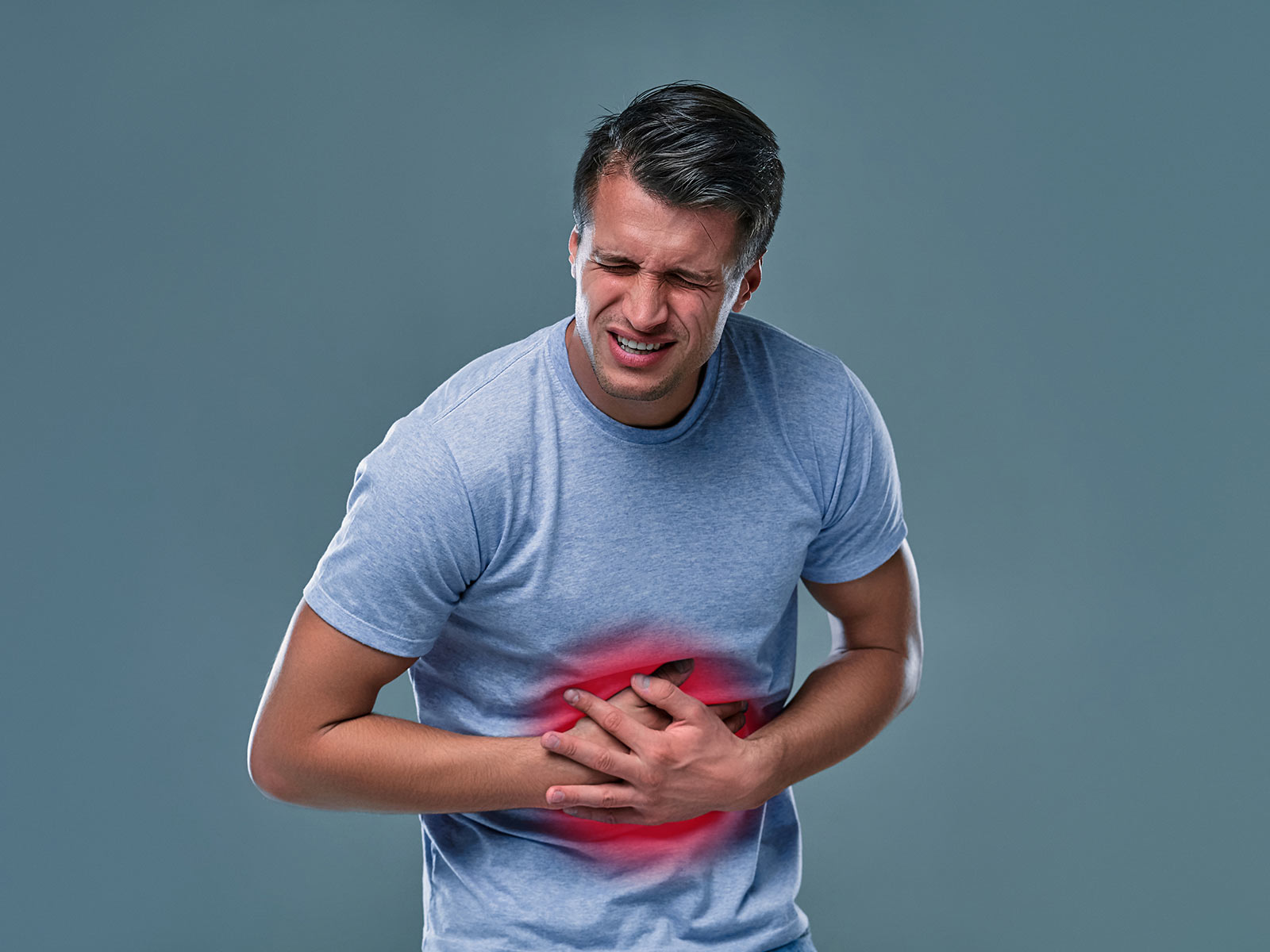
Angiodysplasia is a disease whereby small and delicate blood vessels grow abnormally in the digestive tract- usually in the colon, although occasionally in the small intestine or jejunum. These vessels may leak or bleed periodically and cause iron?deficiency anemia or perlious hemorrhage. Diagnosis Diagnosis can be through a colonoscopy,capsule endoscopy or through imaging.
Angiodysplasia can lead to a small number of symptoms or none at all at an early stage. And when you drink blood you may find:
It is not known exactly what causes angiodysplasia, but it is possible to note that there are a number of factors, which seem to increase the risk:
Being unexplained, even minor, and caused by low iron or chronic fatigue, there is no need to wait. To make your appointment, call GastroDoxs in Jersey Village with 832-476-1649, or go to the site, at which web address you can make your appointment today: www.gastrodoxs.com. Our experts are available to offer personalized care and offer compassionate care and get you the path to sustained relief.
We've successfully treated more than 487 patients, helping individuals improve their digestive health and overall well-being through expert, personalized care.
With over 20 years of experience, GastroDoxs has been a trusted provider of gastroenterology care, focusing on delivering the best outcomes for patients
Angiodysplasia of the colon is the presence of aggregation of small and weak blood vessels in the colon wall which may leak or bleed and may cause anemia in some cases.
It is also diagnosed with endoscopic processes like colonoscopy or Capsule endoscopy and it can be accompanied with imaging processes like CT angiography to find bleeding vessels.
The code of angiodysplasia of the colon with bleeding is determined by the ICD-10 code as K31.819.
Yes. The angiodysplasia could be presented in either the jejunum (ICD-10: K55.01) or any others in the small intestine (K55.00) and possibly lead to the same bleeding problems.
No. The majority of cases are endoscopically treated using such methods as argon plasma coagulation or medically using the sphere of medical treatment; severe or intractable bleeding is subject to surgery.
What the diet can not do is to prevent the formation of abnormal vessels, however, eating iron rich can be able to control the anemia due to chronic bleeding.
Although bleeding may result in anemia or have to be treated by transfusion most bleeding cases can be managed through endoscopic therapy and pharmaceutical means.
Pathology outlines tell us the appearance of the abnormal blood vessels with the help of microscopes on the sample of tissues.
Yes. Angiodysplasia can go unnoticed and unknown to many of its patients who might only come to learn about it in the process of routine check-ups.
In case of fatigue that cannot be explained, reduction in the level of iron, blood in your stool, you should consult a gastrointestinal specialist immediately.